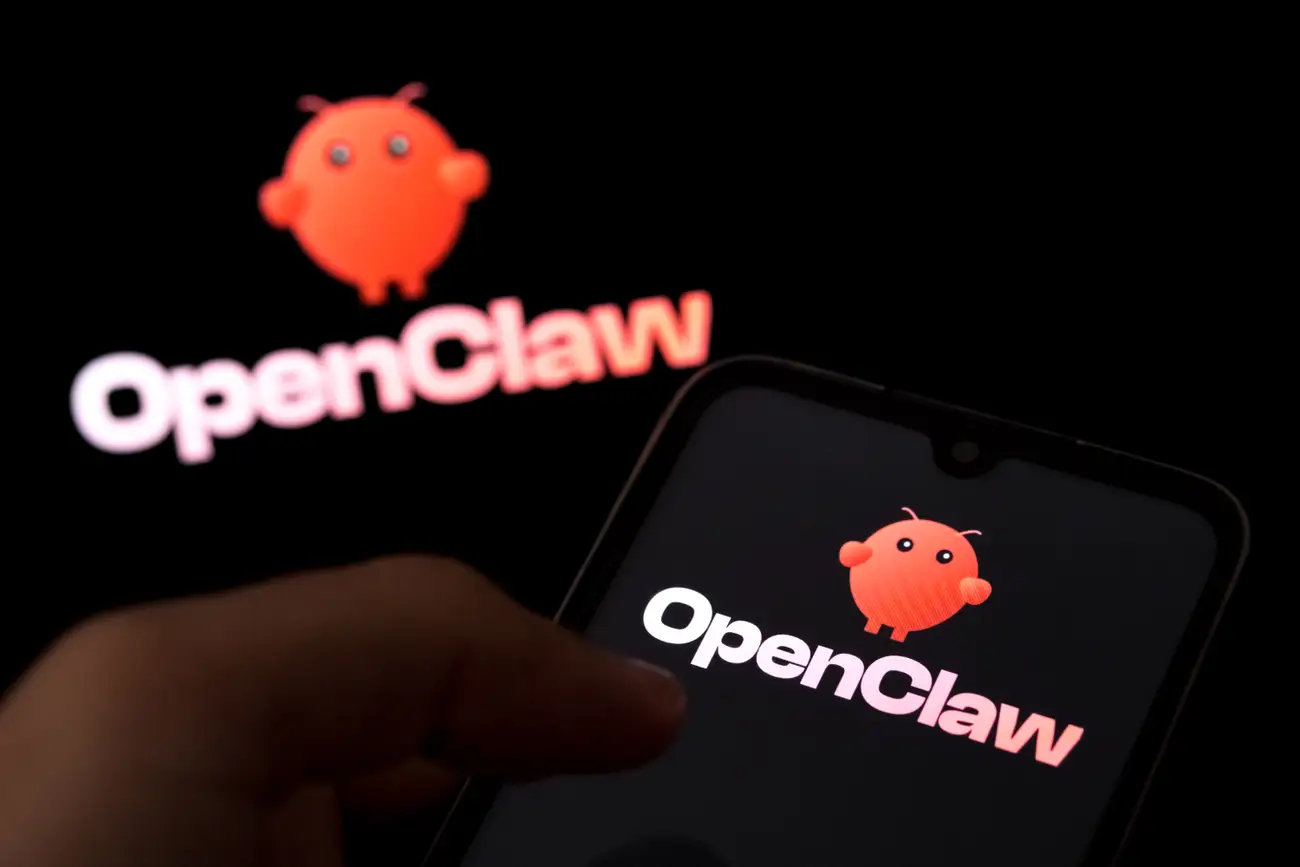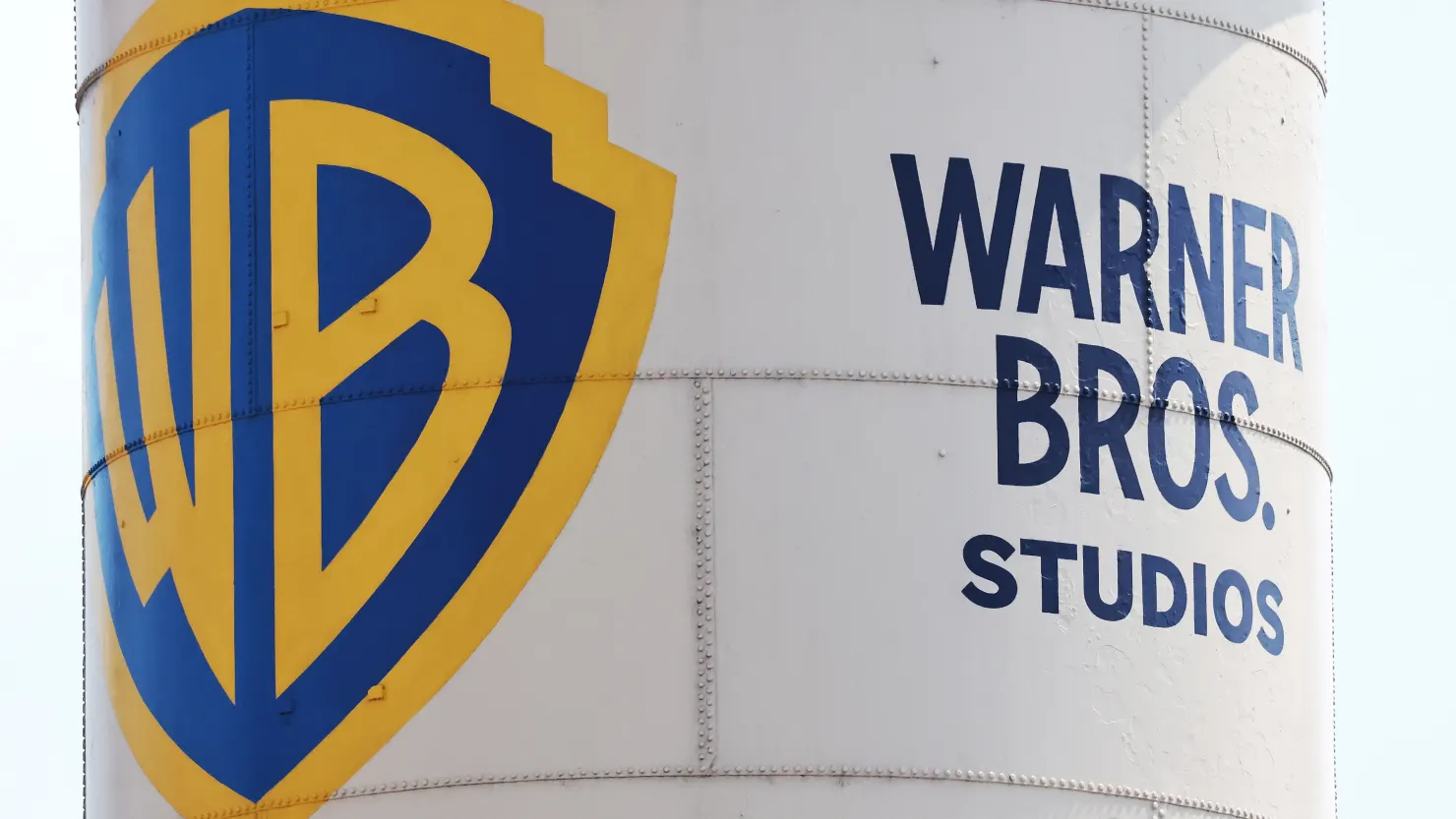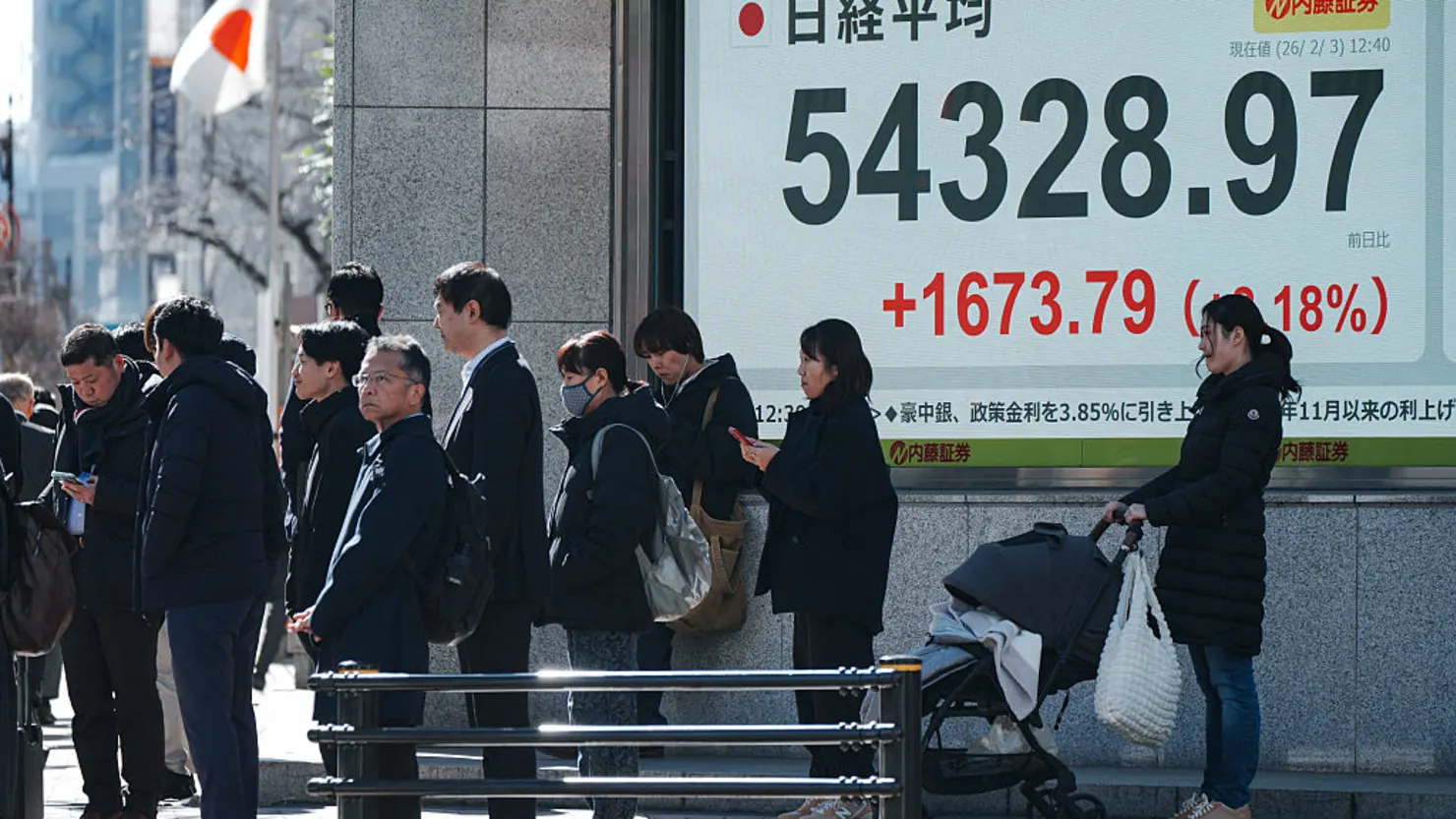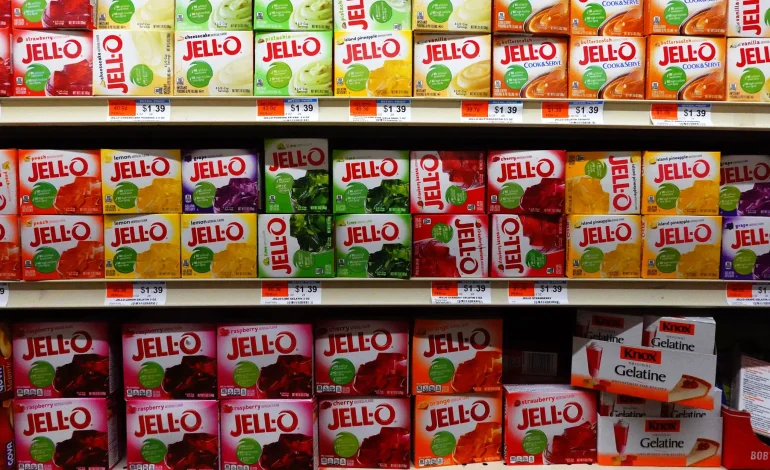Kraft Heinz, the food giant behind brands such as Kool-Aid, Jell-O, and Crystal Light, announced Tuesday that it will remove all artificial food dyes from its US product portfolio by the end of 2027.
The decision marks a significant step in the company’s effort to align with shifting consumer preferences and growing regulatory scrutiny of synthetic additives.
The move will impact a small portion—approximately 10%—of Kraft Heinz’s product sales, primarily affecting its beverage and dessert lines that currently contain dyes such as Red No. 40 and Blue No. 1.
Kraft Heinz is the first major US packaged food company to formally commit to a full phase-out of FD&C-certified synthetic dyes, which are petroleum-based additives regulated under the Federal Food, Drug, and Cosmetic Act. These dyes have been under increased scrutiny by both state and federal agencies.
The announcement comes just two months after Health and Human Services Secretary Robert F. Kennedy Jr. called on food manufacturers to remove artificial dyes by 2026. While Kennedy has emphasized a collaborative, voluntary approach, he has also indicated the federal government is prepared to act more forcefully if industry compliance stalls.
“For too long, some food producers have been feeding Americans petroleum-based chemicals without their knowledge or consent,” Kennedy said in April.
The FDA has already banned Red No. 3 for use in foods, citing data linking it to cancer in animals.
Kraft Heinz said it has mobilized teams to evaluate and reformulate affected products. In cases where color is not essential to consumer experience, artificial dyes will be removed entirely. Where color is important, synthetic dyes will be replaced with natural alternatives, such as those derived from turmeric or paprika—a shift the company successfully implemented in Kraft Mac & Cheese back in 2016.
“We’ve been on a journey to reduce our use of artificial colors across our portfolio,” said Pedro Navio, President of North America operations at Kraft Heinz. “The vast majority of our products already use natural or no colors.”
The company also confirmed it will immediately cease launching any new US products that contain synthetic dyes and will work with third-party licensees to encourage similar changes.
Despite the initiative, food scientists note the technical challenges involved in replicating the vivid hues of artificial dyes using natural ingredients. These challenges include shorter shelf life, higher costs, and variability in color under different storage conditions.
Other major food companies, including PepsiCo, have indicated they are evaluating options to reduce or replace synthetic colors in some product lines. PepsiCo executives said recently that about 60% of their products already use no artificial colors.
Kraft Heinz’s announcement also comes as the company faces pressure from consumers seeking healthier food options and from policymakers in states like California, Virginia, and West Virginia, which have begun banning certain artificial food additives.
The timing of the announcement coincides with broader strategic shifts at Kraft Heinz. The company has recently offloaded several non-core businesses and acknowledged it is reviewing its portfolio. Analysts suggest the dye removal commitment may be part of a larger repositioning effort to align with evolving consumer expectations and regulatory landscapes.
With input from the New York Times, FOX Business, and CNN.










The latest news in your social feeds
Subscribe to our social media platforms to stay tuned